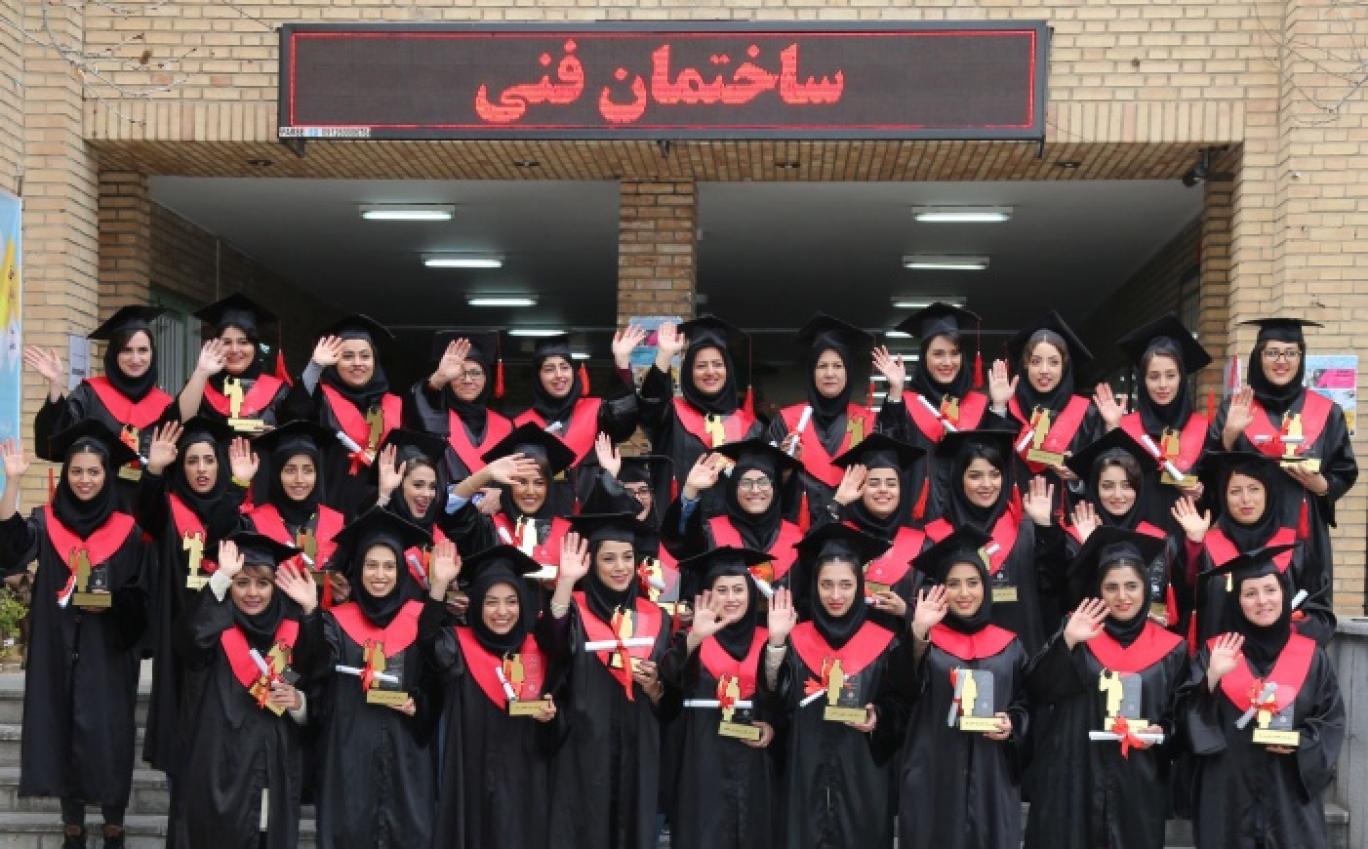Source: www.independentpersian.com
By: Amir Soltanzadeh, Persian independent journalist
Translation by Iran Press Watch

Discriminatory admission is still present in the process of entering universities in Iran. Even though the capacity of universities to admit women has been reduced, the head of the country’s Education Evaluation Organization stated that 53% of those admitted are women. On the other hand, this year, as in previous years, Baha’is have been barred from entering university because of their religion.
In an interview with ISNA, Ibrahim Khodaei said that a total of 189,948 candidates were admitted to the National Entrance Exam in 2020. He added: “The breakdown by gender of those admitted to different fields after the National Entrance Exam in 2020 shows that 101,912 women, or 53.6%, had the highest acceptance.” “The share of men was 88,036, or 46.4 percent.”
He further stressed that these figures are only for the national universities and do not include Azad University’s (privately owned universities’) results for non-medical fields. Those results will be announced independently, later. According to the announced statistics, the admission capacity with the exam for Azad University is 88,693.
In recent years, various government agencies have emphasized gender segregation due to the increasing number of females entering universities.
“I have to say that I support gender quotas,” said Ahmad Tavakoli, a fundamentalist figure and member of the Expediency Council. “If the demographics of universities are to be such, then we have more educated women and fewer educated suitors, and this will cause problems that threaten the foundation of families,” he explained as the reason for his position. This statement comes as the Supreme Leader of the Islamic Republic, Ali Khamenei, in a speech in March 2012, had defined the role of women in this regime. “Woman, in Eastern philosophy, is defined as a marginal element who has no role in the making of history; in contrast, in Westerner’s eyes, woman is portrayed as a creature whose gender transcends her humanity, a sexual tool for men and a servant of modern capitalism. The lionesses of the Revolution and the “Holy Defense” demonstrated a third model; “neither Eastern nor Western”. “Iranian Muslim women opened up a new history for the rest of the women of the world.”
On September 4, 2016, in a statement about the “general policies for the family”, he defined the role of “motherhood, marriage and housekeeping” for women, and called on leaders to support this “Iranian-Islamic” doctrine.
It is useful to explain that according to the twentieth article of the Constitution of the Islamic Republic:
“All citizens, men and women alike, are protected by law and enjoy all human, political, economic, social and cultural rights in accordance with Islamic principles.”
Religious discrimination in admission to the National Entrance Exam
On the other hand, Baha’i citizens were not allowed to enter university at all this year. Statistics show that at least 15 of them received a message stating that their case was “Incomplete.” This message is issued when the “religious belief” in the entrance exam application form is not checked. The application form for the entrance exam mentions the names of different religions except for the Baha’i faith; and Baha’i applicants, because they do not see the name of their religion, do not mark the other options.
In previous years, when some Baha’i applicants approached the Assessment Organization ‒ an organization conducting the Entrance Exam ‒ and stated their reasons, without hearing further explanation from the officials, they were told that it was not possible to admit them. In rare exceptional cases where a Baha’i ‒ perhaps by mistake ‒ was able to enter university, he was expelled after one semester of study upon disclosure of his belief.
Although agents of the Islamic Republic always refuse to accept the existence of religious discrimination in Iran, according to leaked documents, a resolution of the Supreme Council of the Cultural Revolution issued on March 27, 1990, depriving Baha’is of their university education, legally barred them from continuing their education.
Paragraph 3 of the decree explicitly states that the registration of Baha’is in universities should be prevented and that anyone should be barred from studying if their Baha’i identity is established while studying.
Although in the final years of Mohammad Khatami’s government, attempts were made to somehow circumvent this discrimination by eliminating the section on the questionnaire about religion, they were again forced to leave university after their identity was revealed.
The issue of deprivation of education for Baha’is began from the very beginning of the victory of the Revolution of 1978. For the past four decades, the government has made every effort to deprive Baha’is of this fundamental right. However, Article 30 of the Constitution of the Islamic Republic, emphasizing the term “the whole nation”, states: “The government is obliged to provide free education and training for the whole nation until the end of high school. It is also to create opportunities for pursuit of higher education for all for free to help achieve the self-sufficiency of the state and the country.”
Leave a Reply